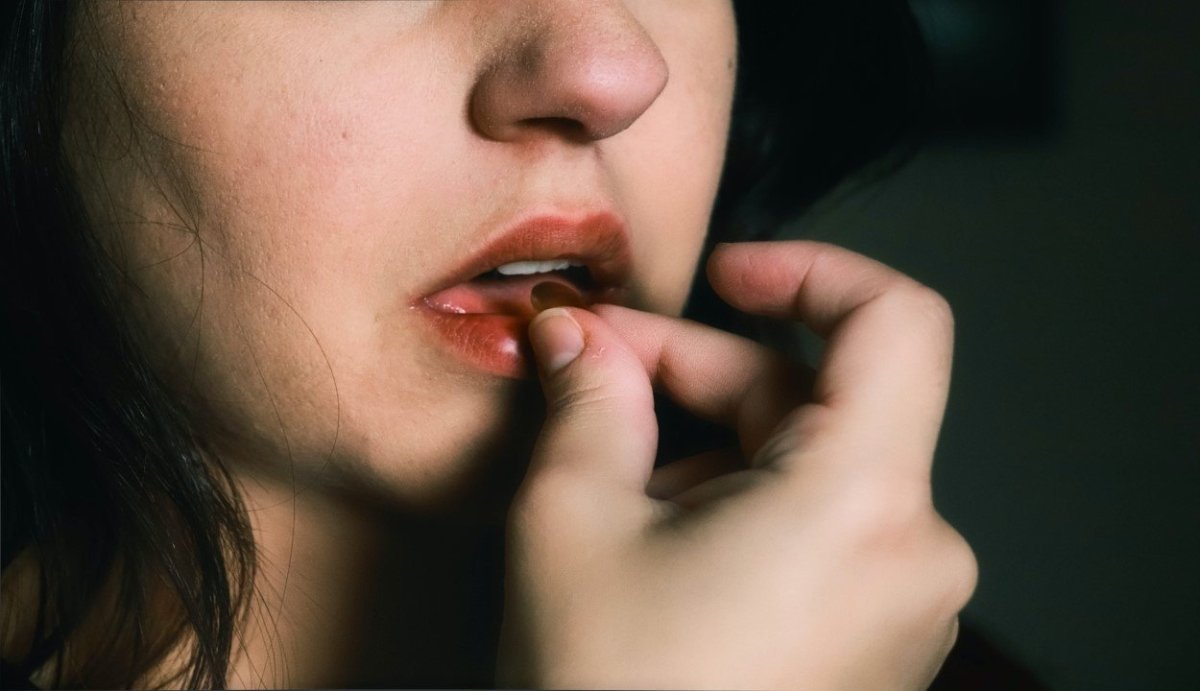Your Cart is Empty
FREE SHIPPING ON ALL ORDERS $75+
Whether you're new to CBD or well into your CBD journey, you've probably heard the mantra "CBD is most effective if taken everyday." There's even some evidence that supports the idea of daily CBD doses.
But the daily dosing routine brings another important question to the table—can you build up a tolerance to CBD?
In other words, if you take CBD daily, will you need to increase your dose overtime for it to remain effective?
Actually, the opposite may be true.
Here’s what we know about cannabinoid tolerance and what it means for CBD:
Table of Contents
Cannabinoids and Tolerance
Can You Build a Tolerance to CBD
CBD May Cause Reverse Tolerance
Resources
The CBD industry frequently revolves around the claim that CBD should be taken daily—a suggestion that sparks concern about CBD’s potential to build tolerance.
Luckily, there is currently no research to suggest that CBD has tolerance building potential, or that CBD will lead to any sort of dependency, and the opposite seems to be true.
Unlike THC, which is known to be tolerance building, CBD interacts with the endocannabinoid system in a different manner.
Some evidence suggests that CBD affects the Endocannabinoid System in such a way that less CBD may be needed over time. Other research hints that CBD may even be useful for decreasing tolerance and dependency of other substances.
Worries that CBD will lead to tolerance build up are not unfounded. According to research, some cannabinoids do have the potential to build tolerance overtime.

This is the case with THC, and the reason that many responsible cannabis consumers recognize the benefits of "T-breaks," or tolerance breaks, where they periodically refrain from cannabis use in order to keep their tolerance low.
THC, a phytocannabinoid, binds directly with endocannabinoid receptors in place of endocannabinoids, a group of natural "messengers" found in the body. The body recognizes THC as though it were an endocannabinoid, and frequent exposure to THC can trick the body into thinking that endocannabinoid levels are too high.
As a result, the body will produce less endocannabinoids and endocannabinoid receptors in order to keep the Endocannabinoid System from becoming “overactive.”
When this happens, cannabis users may find that their tolerance is increased, meaning they need to intake more and more THC to experience the same effects.
Unfortunately, there isn't much direct evidence that evaluates CBD's tolerance building potential, but some available research helps us understand why there's no need to worry.
First, leading organizations have confirmed that CBD is non-habit forming, meaning it's unlikely to lead to addiction. Since chemical dependency is often linked to increased tolerance, that's a good sign.
Looking deeper at how CBD works helps explain why CBD is not likely to increase tolerance. CBD, unlike many other cannabinoids, does not bind directly to endocannabinoid receptors.
Instead, it is thought to alter the way that the receptors interact with other cannabinoids, including the endocannabinoids made naturally by the body. In many cases, it may prevent other cannabinoids from binding to receptor sites, which is why CBD is thought to lessen the effects from THC.
The easiest way to explain this is to call CBD a "reuptake inhibitor," though this wildly popular theory is still being explored. Some research even suggests that CBD may temporarily boost other chemicals in the brain, like serotonin, by inhibiting reuptake, but more research is needed.
Either way, if CBD doesn't overstimulate the Endocannabinoid System, it won't cause a down-regulation of endocannabinoid production. It won't decrease the number of endocannabinoid receptors in your body, and you won't consistently need higher doses of CBD to get the same effects.
What we currently know about how CBD interacts with the endocannabinoid system leads us to believe that it is not tolerance building, and if the research available is to be believed, the opposite may actually be true.

Some evidence suggests that CBD may cause something called “reverse tolerance,” which may actually mean that you need less CBD overtime to get the same results.
How? By inhibiting the reuptake of endocannabinoids.
Similarly to how THC consumption may lead to overstimulation of the endocannabinoid receptors (therefore causing a decrease in endocannabinoids and their receptors), CBD consumption may signal the opposite.
By preventing endocannabinoids from being absorbed through receptors sites, CBD causes the body to believe that more endocannabinoids and receptor sites are needed to keep the Endocannabinoid System in balance.
Some research suggests that CBD consumption can lead to an upregulation of certain endocannabinoid receptors. The theory suggests that CBD increases the production of both endocannabinoids and their receptor sites, meaning that the body may become more “sensitive” to CBD overtime, or more capable of absorbing the CBD taken in each dose.
Although no research has identified how this actually affects the amount of CBD users will need to experience complete relief, it’s plausible to believe that a user’s dosage needs will decrease over time.
Of course, we still have a lot to learn about CBD and the endocannabinoid system, including about how CBD affects tolerance. Some evidence even suggests that CBD may be useful for decreasing tolerance and combating certain chemical dependencies, and many research groups are optimistic about what future research may reveal about CBD’s many benefits.
Comments will be approved before showing up.



